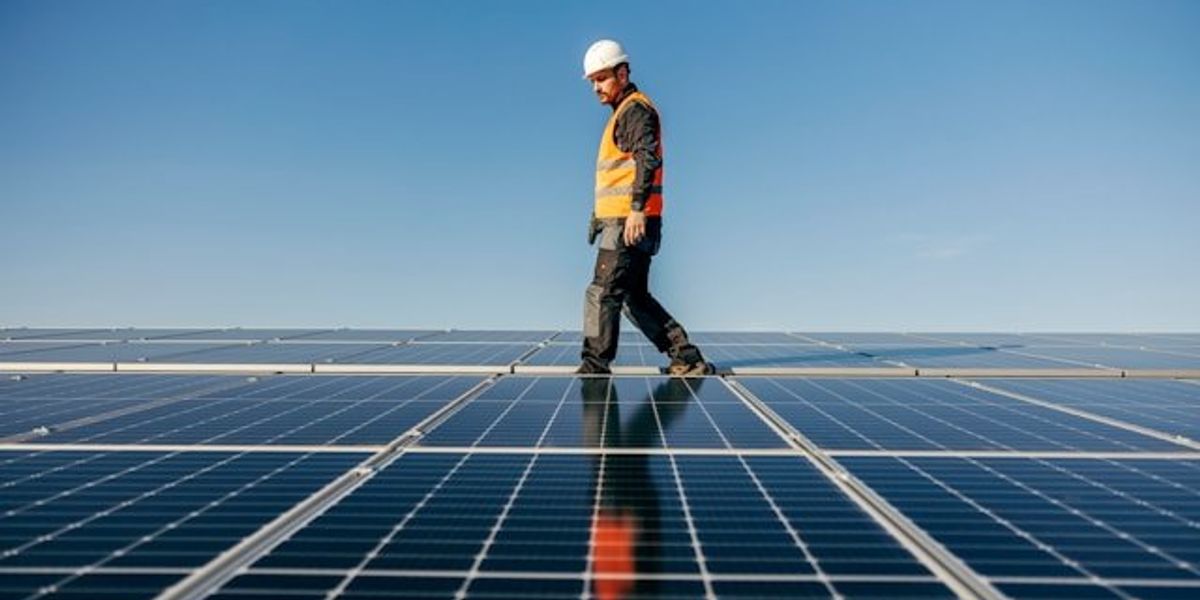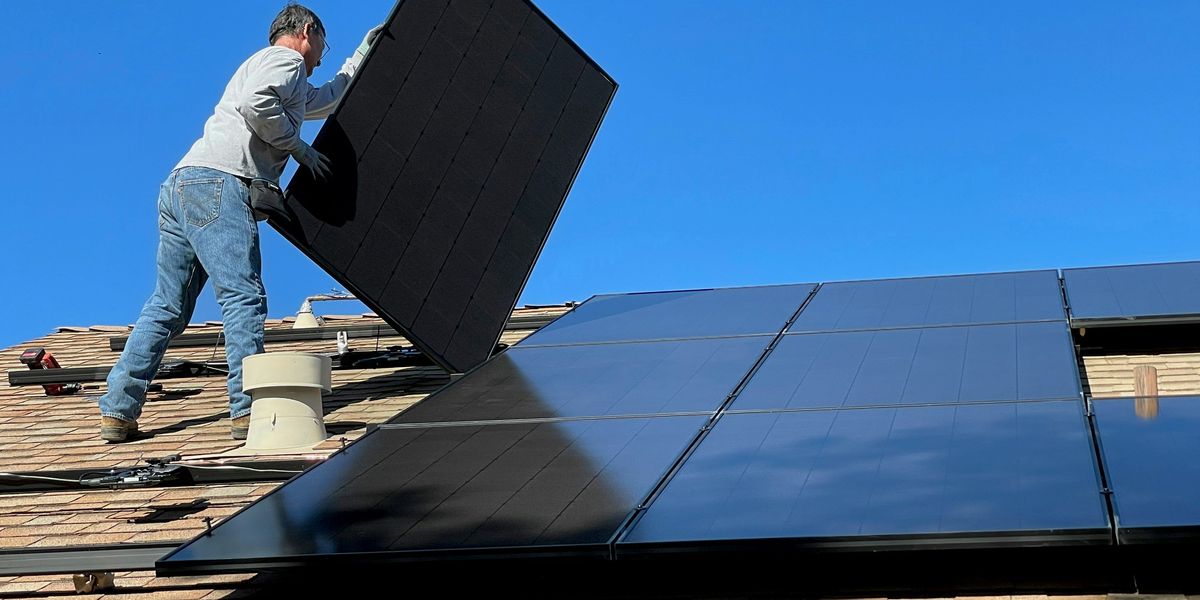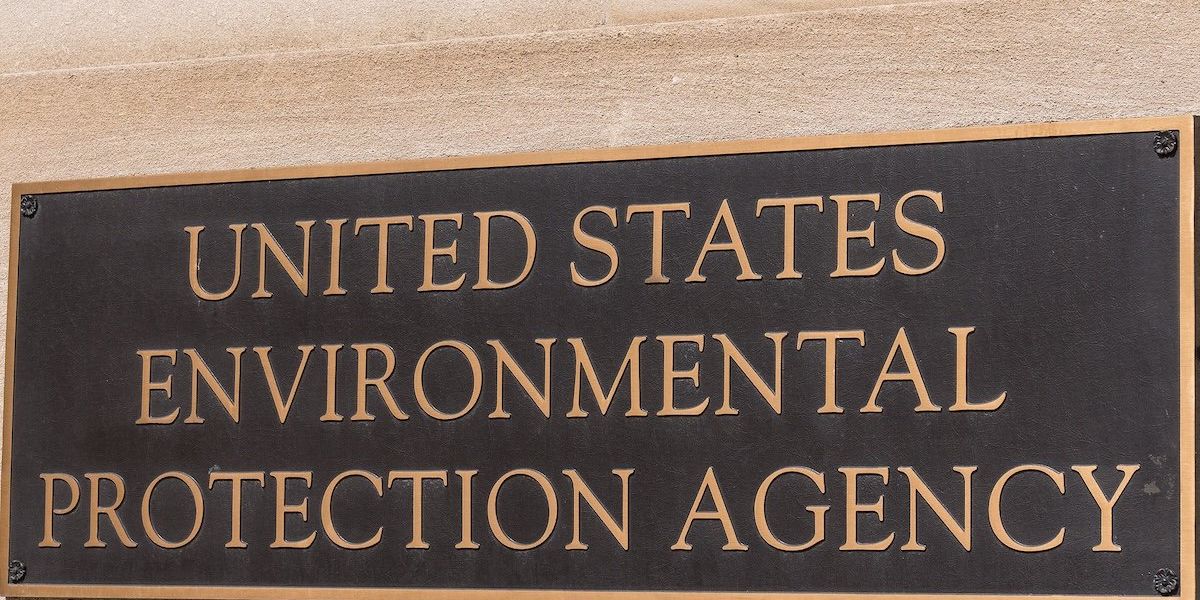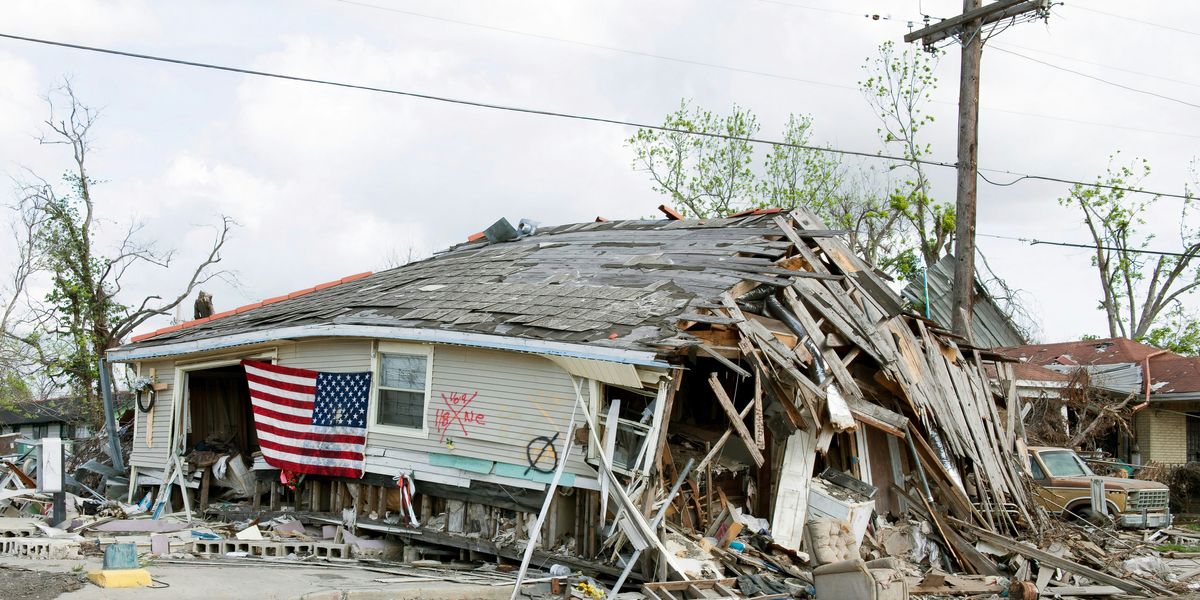paris
Paris aims to host the most sustainable Olympics in 2024
The Paris 2024 Olympics commit to halving the carbon footprint of previous Games through various green initiatives.
In short:
- Paris 2024 will use existing venues and low-carbon construction for new sites to minimize environmental impact.
- The Games will feature extensive use of recycled materials, plant-based food and local agriculture.
- Transport will prioritize electric connections and cycling infrastructure to reduce emissions.
Why this matters:
Sustainable practices at large events like the Olympics can set a global standard, encouraging broader environmental responsibility. Addressing carbon footprints is crucial to combating climate change and preserving the planet for future generations.
Trump’s climate policy legacy has lasting effects at home and globally
Former President Trump’s environmental policies, including exiting the Paris Agreement and rolling back more than 100 regulations, continue to influence climate efforts both in the U.S. and internationally.
In short:
- Trump’s withdrawal from the Paris Agreement and his regulatory rollbacks have had enduring impacts, inspiring similar actions by populist leaders worldwide.
- His administration appointed conservative judges, including three Supreme Court justices, who have ruled against federal environmental regulations, complicating Biden’s efforts to reverse Trump’s policies.
- Trump’s rhetoric has fueled skepticism about climate policies, influencing political movements in Europe to weaken climate commitments.
Key quote:
“The Trump administration was the most anti-environmental, anti-climate, anti-public health administration we’ve ever had, by far.”
— Tiernen Sittenfeld, senior vice president for government affairs at the League of Conservation Voters
Why this matters:
Trump’s policies have undermined global climate efforts and set a legal precedent that hampers future regulatory actions. These changes pose significant challenges to achieving long-term climate goals and protecting public health.
Relevant EHN coverage:
Extreme heat poses danger to athletes at Paris Olympics
Forecasts predict the Paris Olympics could experience record-breaking heat, threatening athlete safety.
In short:
- A report, Rings of Fire: Heat Risks at the 2024 Paris Olympics, warns of extreme heat risks for athletes, highlighting the increased dangers since the Tokyo 2021 games.
- Paris has warmed by 1.8°C since 1924, with more frequent and intense heatwaves, risking athletes' health and performance.
- The International Olympic Committee acknowledges the growing threat of extreme heat, proposing measures to protect athletes.
Key quote:
"We now know the Paris Games have the potential to surpass [Tokyo’s heat record]."
— Emma Pocock, chief executive of FrontRunners
Why this matters:
Extreme heat poses severe health risks to athletes, from heat cramps to life-threatening heatstroke. As global temperatures rise, the sustainability of outdoor sports events is increasingly jeopardized.
New study links a few companies to most emissions since Paris deal
A handful of companies have been identified as major contributors to global emissions post-Paris agreement, with state-owned and multinational corporations at the forefront.
In short:
- A study traces 80% of global greenhouse gas emissions since 2016 to just 57 companies.
- Despite global pledges to reduce emissions, these companies have ramped up fossil fuel production.
- The trend underscores the significant impact of state-owned enterprises, especially in the Asian coal industry.
Key quote:
“It is morally reprehensible for companies to continue expanding exploration and production of carbon fuels in the face of knowledge now for decades that their products are harmful.”
— Richard Heede, founder of the Carbon Majors dataset
Why this matters:
The operations of these polluting companies and the use of their products release vast amounts of carbon dioxide and other greenhouse gases into the atmosphere, worsening the climate crisis. Their actions, or lack thereof, in reducing emissions and transitioning to cleaner energy sources, are central to global efforts to mitigate climate change impacts and achieve international climate targets.
Climate change, inversions, and the rise of “super pollution” air events.
Paris Olympics go green with ambitious environmental goals
The Paris Olympics aim to halve their carbon footprint by leveraging existing infrastructure and focusing on sustainable practices.
Somini Sengupta and Catherine Porter report for The New York Times.
In short:
- The Paris Olympics plan to cut greenhouse gas emissions by 50% compared to past games by using existing city landmarks, promoting plant-based dining, and reducing reliance on fossil fuels.
- Solar panels on the Seine and a preference for repurposing over new construction mark a shift toward environmental sustainability for the event.
- Concerns arise over non-traditional cooling methods at the athletes' village, challenging teams to "trust the science."
Key quote:
"We set for ourselves ambitions that have never been set for any event before, let alone have this scale."
— Georgina Grenon, director of environmental efforts for the Paris Olympics
Why this matters:
The Olympic Games, a global spectacle celebrated for fostering unity through sports, also casts a significant shadow on the environment, notably through greenhouse gas emissions. These emissions stem from various sources: the construction of venues, transportation of athletes and spectators, and the day-to-day operations during the events.



















